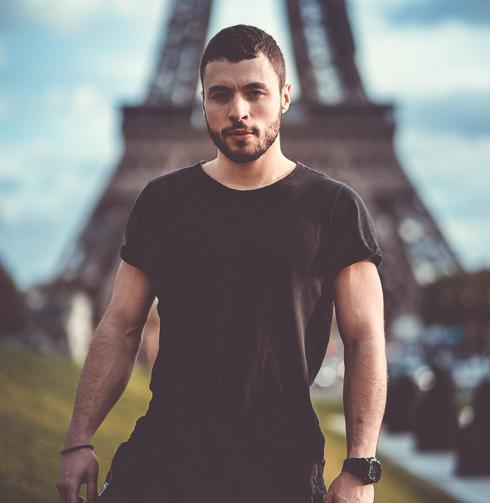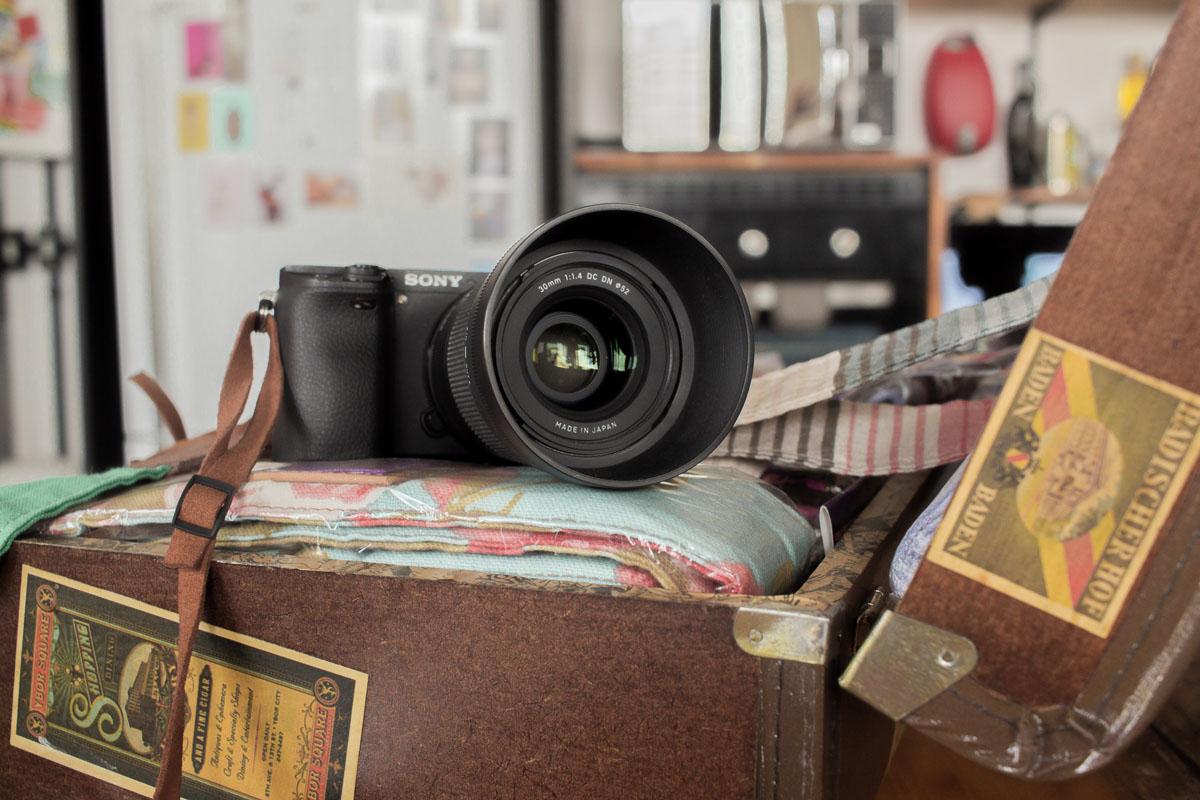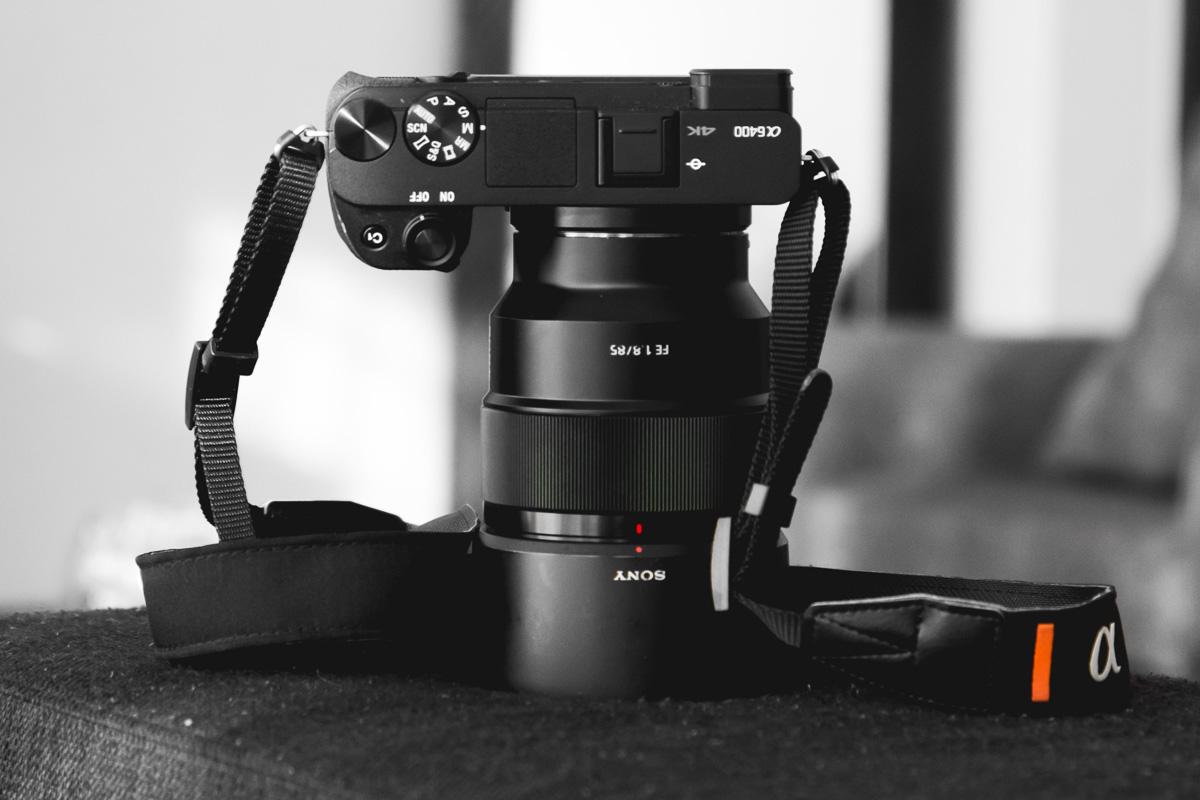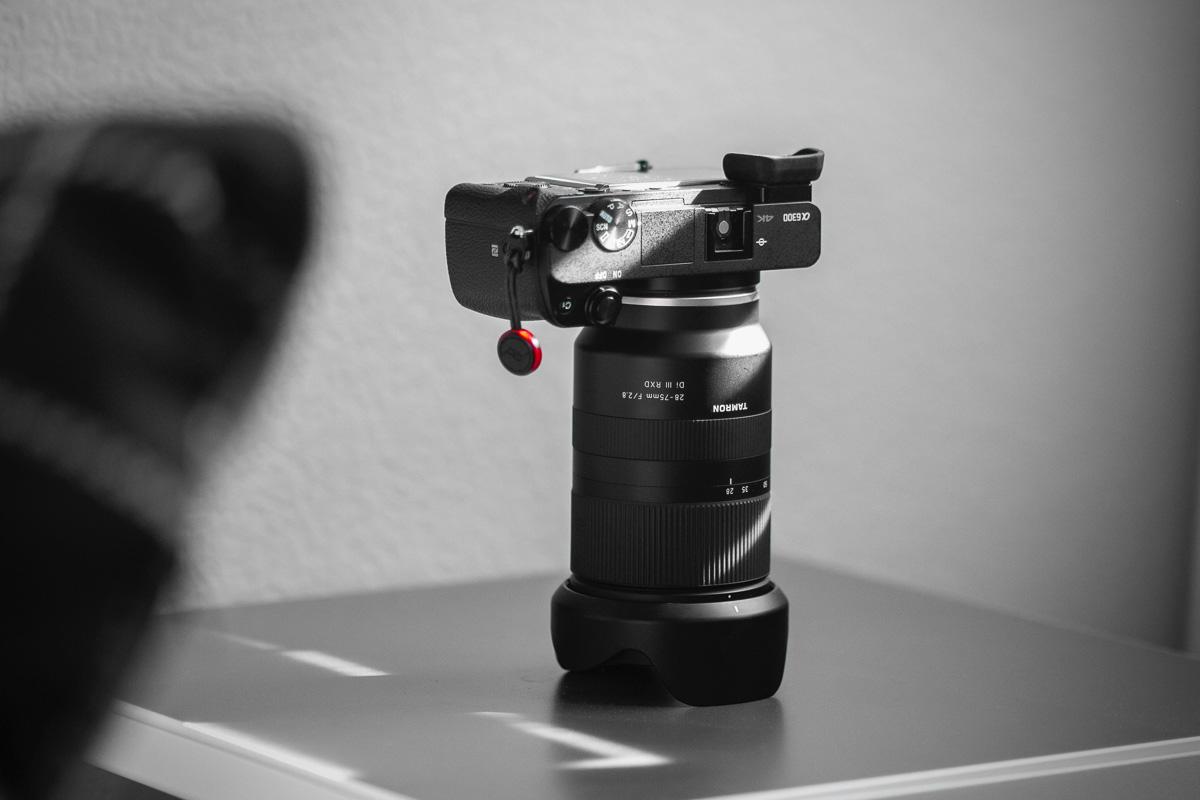The Best Low Light Lenses for Sony a6500 (best for astrophotography)
Trying to find the best Sony a6500 astrophotography lens, to shoot the stars at night?
If not the stars, you might be looking for the perfect Sony a6500 low light lens, to take pictures indoors, at events, or outside at night?
Keep reading then, because it’s what I’ve got in store for you below!
I’ve selected the best low light lenses for Sony a6500 for you, complete with reviews and pros & cons.
Let’s get started.
No Time to Waste? Here’s My #1 Favorite!
- F/1.4 max aperture
- Excellent image quality
- Great value for money
The Best Low Light Lens for Sony a6500 – Comparison Table
As you saw above, the Sigma 16mm f/1.4 DC DN is the best low light lens for Sony a6500 to me. But personally, I love knowing my options before making a choice.
If you’re like me, you’ll love this comparison table. I’ve put side by side the 3 best a6500 low light lenses: the best overall, the best for astrophotography, and the budget option.
Product Reviews – The Best Sony a6500 Astrophotography Lens
Alright, let’s talk about what makes a great astrophotography lens.
First, you need a lens that opens wide, to get the most light in. F/2.8 can do the job, but the best low-light lenses are f/2.0 and lower.
And second, you need a wide-angle lens. The wider the focal length, the longer the exposure you can take without the stars becoming blurry.
All the lenses in this guide are great for astrophotography. Oh and if you’re just looking for a great low-light lens for your a6500, not for shooting stars but for taking portraits indoor or at night, I’ve included the best low-light portrait lens for you.
🥇 Overall Best: Sigma 16mm f/1.4 DC DN
✨ Best for Astrophotography: Rokinon 12mm f/2.0 AF
💰 Budget Pick: Rokinon 12mm f/2.0 MF Silver
👩🏽 Low-Light Portrait: Sigma 56mm f/1.4 DC DN
Let’s see the reviews!
The BEST Sony a6500 Low Light Lens: Sigma 16mm f/1.4 DC DN
- Compatible with Sony E mount cameras
- Perfect for nature & event photography
- Large f/1.4 aperture for superb lowlight performance
Focal length: 16mm
Aperture range: f/1.4 to f/16
Weight: 405g (0.89 lbs)
Size (Ø x L): 72x92mm (2.84×3.63″)
Filter size: 67mm
Format: crop
Autofocus: yes
Image stabilization: no
Let’s start the reviews with the #1 best low light lens for Sony a6500: the Sigma 16mm f/1.4 DC DN.
Its f/1.4 maximum aperture alone is enough to warrant a #1 spot in this selection. It’s the fastest wide-angle lens you can find, and it’s perfect to get the most light in when shooting in low-light situations.
On top of this, the image quality is excellent; great at f/1.4, and downright excellent from f/2.0.
The autofocus is quiet, fast, and overall reliable. This lens is a pretty versatile pick, and is great for many low-light situations: vlogging, video, and landscape.
It’s also great for astrophotography, even though it’s not the best. I’ve noticed chromatic aberration at f/1.4, and coma on the side of the images, which distorts the stars.
If you’re looking for a lens you can use in a variety of low-light situations, and regular light situations, this is the best option. However if you want a lens specifically for astrophotography, it’s not the best.
F/1.4 max aperture
Excellent sharpness
Great value for money
Quiet & reliable autofocus
Bulky for a prime lens
Chromatic aberration & coma
👉 See price + reviews on Amazon or on B&H Photo
Here’s an exemple of a video shot on the Sony a6500 with this lens:
Best Lens for Astrophotography Sony a6500: Rokinon 12mm f/2.0 AF
- Compatible with all Sony E-Mount Mirrorless cameras.
- Aperture range of F2.0-22; Glass is ultra multi-coated (UMC) and Lens is constructed of 12 elements...
- Minimum focusing distance of 7.48 inches and has a filter size of 62mm.
Focal length: 12mm
Aperture range: f/2 to f/22
Weight: 213g (0.47 lbs)
Size (Ø x L): 71x58mm (2.8×2.3″)
Filter size: 62mm
Format: crop
Autofocus: yes
Image stabilization: no
Looking specifically for the best lens for astrophotography, Sony a6500-friendly? Then the Rokinon 12mm f/2.0 AF is the one for you!
If you’re serious about shooting stars, and need a dedicated lens for this, you’ll love the updated version of this prime lens.
The 12mm focal length is perfect to get both foreground and stars in the shot; also, it allows for a max shutter speed of 28 seconds without the stars getting blurry (at f/2.0 and ISO 1600).
The image quality is excellent, with low distortion, limited chromatic aberrations, and most importantly low coma (which means stars stay sharp and don’t get distorted).
The 2 cons I’ve found on this lens are the softness on the edges, and something that might sound trivial but the lens hood doesn’t revert, which means it takes more space than it should in your bag.
F/2.0 max aperture
Excellent image quality
Light & compact
Weather sealed
Soft in the corners
Can't reverse hood for storage
👉 See price + reviews on Amazon or on B&H Photo
Best Budget Sony a6500 Astrophotography Lens: Rokinon 12mm f/2.0 MF Silver
- Focuses to 7.9" (0.2m) and Accepts 67 Filters
- 98.9 Degree Angle of View / 18mm (35mm Equivalent
- Fast f/2.0 Maximum Aperture Benefits Working in Low-Light Conditions
Focal length: 12mm
Aperture range: f/2 to f/22
Weight: 245g (0.54 lbs)
Size (Ø x L): 72x59mm (2.85×2.33″)
Filter size: 67mm
Format: crop
Autofocus: no
Image stabilization: no
I had to include the Rokinon 12mm f/2.0 MF Silver for you budget-conscious photographers out there.
This is the first version of the lens, before Rokinon released the new one (reviewed above) in early 2021. It’s pretty much the same in many regards: f/2.0 max aperture, light & compact, excellent image quality with limited chromatic aberration and coma.
The main difference is the price, obviously: at around $250, it’s a whopping 60% cheaper than the new version. Since you’ve already shed quite a hefty lump of money to purchase the a6500, saving on the lens can definitely feel good. However you lose the autofocus (I’m mostly using manual focus when shooting stars anyway), and you lose the weather-sealing.
Overall it’s performing worse than the new version in most of my tests, but it remains a wonderful night photography lens for Sony a6500. If budget is a concern, you can’t find a better lens.
F/2.0 max aperture
Excellent image quality
Light & compact
Best value for money
Manual focus
No weather-sealing
👉 See price + reviews on Amazon or on B&H Photo
Best Low-Light Portrait Lens for a6500: Sigma 56mm f/1.4 DC DN
- Featuring compact design, Light weight and outstanding image quality offered in sigma’s...
- N addition, this lens is characterized by smooth and quiet autofocus ideal for video shooting....
- By using the face recognition or eye AF functions of the camera, focus Will continuously be on the...
Focal length: 56mm
Aperture range: f/1.4 to f/16
Weight: 280g (0.62 lbs)
Size (Ø x L): 67x59mm (2.62×2.34″)
Filter size: 55mm
Format: crop
Autofocus: yes
Image stabilization: no
All lenses reviewed above are great picks for low-light landscape photography, and astrophotography.
But what if you’re simply looking for a low-light lens to shoot portraits with your Sony a6500? This is where the Sigma 56mm f/1.4 DC DN shines!
I’ve ranked it as #1 best portrait lens for the a6500, so you definitely can’t go wrong with this one.
The f/1.4 max aperture is perfect to shoot portraits in low-light situations: indoors, during events, and at night. It’s light, compact, the sharpness is downright excellent, and it has a smooth & creamy bokeh that will make your portrait photos look awesome.
For the cons, it lacks weather sealing, and it’s the most expensive on the list. It doesn’t have image stabilization, but you don’t need it since it’s already integrated in your Sony a6500.
F/1.4 max aperture
Excellent image quality
Great bokeh
Light & compact
No weather sealing
Most expensive on the list
👉 See price + reviews on Amazon or on B&H Photo
Final Thoughts
And there you go, the best low-light lenses for Sony a6500!
My overall favorite, after careful consideration of the best lenses available out there, is the Sigma 16mm f/1.4 DC DN.
The f/1.4 max aperture really sets it apart from the rest of the competition for a6500 low-light lenses. It has excellent image quality, and it will be perfect for a variety of low-light situations, including astrophotography. It’s worth noting that it’s not the best if you need a lens only for astrophotography though, and the Rokinon 12mm f/2.0 is best for that.







